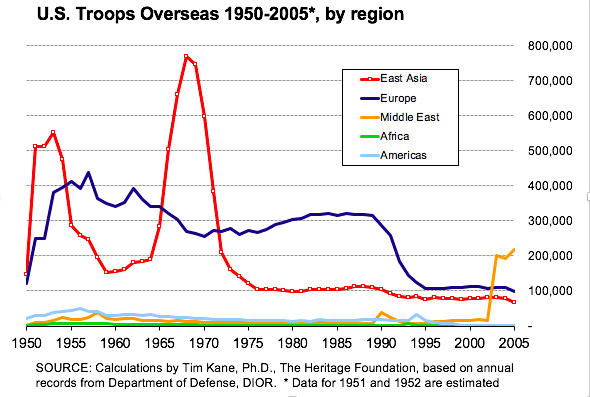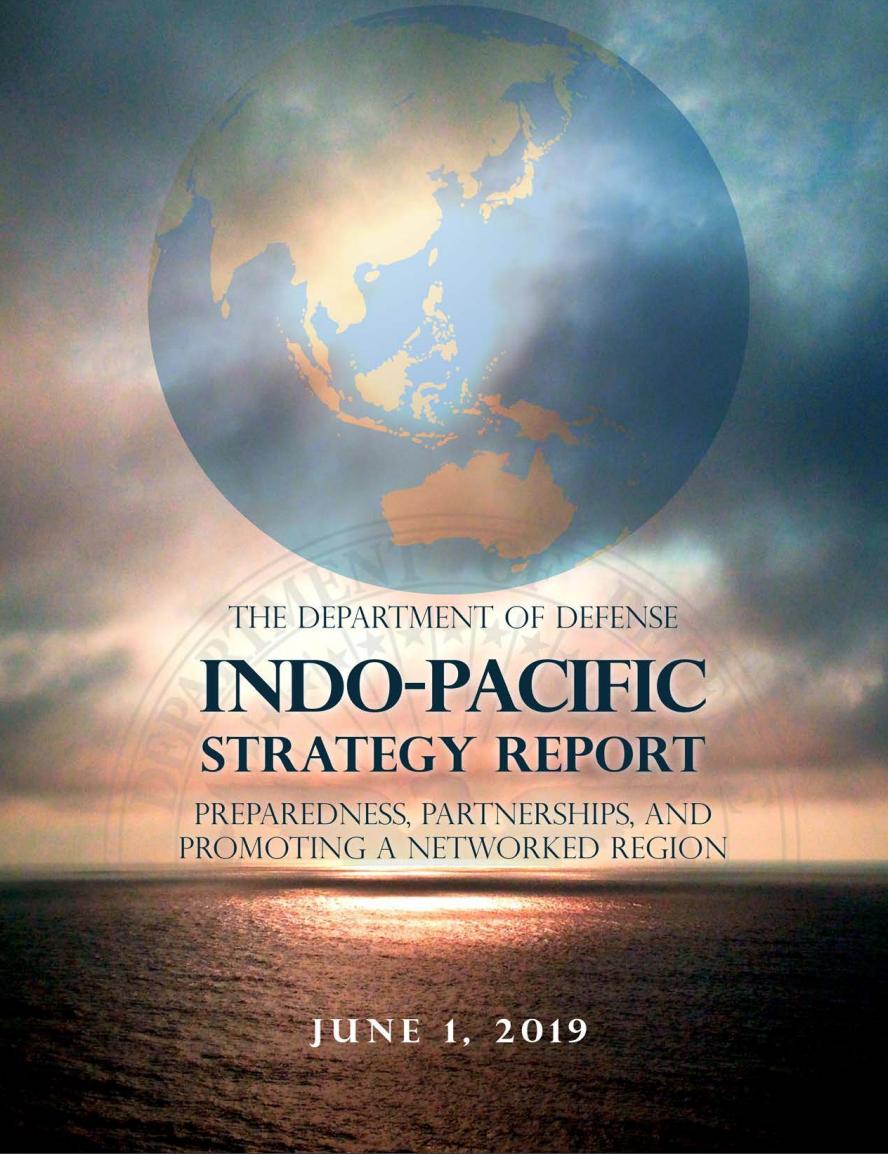
Assistant professor @UWaterloo @BalsillieSIA and visiting fellow @coenatolin. Fellow @ConGeostrategy. My @CornellPress book is free at https://t.co/AhWIgj55UY.
How to get URL link on X (Twitter) App



https://twitter.com/GLandsbergis/status/1495363217740156932NATO deployed Battlegroups to Poland and the Baltic countries on a rotational basis to abide by the NRFA. There are supposedly signaling benefits. Yet practical drawbacks exist: such forces don't stay long enough to develop familiarity, and strains on personnel are significant.

 Wilson apparently contemplated very briefly that the United States should take administrative control of Constantinople. He really did not like the Ottomans, but he understood quickly that this idea was a non-starter.
Wilson apparently contemplated very briefly that the United States should take administrative control of Constantinople. He really did not like the Ottomans, but he understood quickly that this idea was a non-starter. 

https://twitter.com/ProfPaulPoast/status/1412739908565884928One is with respect to ethnic conflict in Eastern Europe. JJM clearly argues that the Soviet Union "tightly controlled" its satellites. Absent that control, ethnic tensions might resurge and Eastern Europe may be awash with violence. 2/



https://twitter.com/jdomerchet/status/1210878964836847616?s=20Yes, Poland signed a non-aggression pact with Nazi Germany. No one serious disputes this. Key is the context in which Warsaw made this decision.

 1. Much here about the general value of alliances. It emphasises joint preparedness; notes how allies and partners are helpful for
1. Much here about the general value of alliances. It emphasises joint preparedness; notes how allies and partners are helpful for